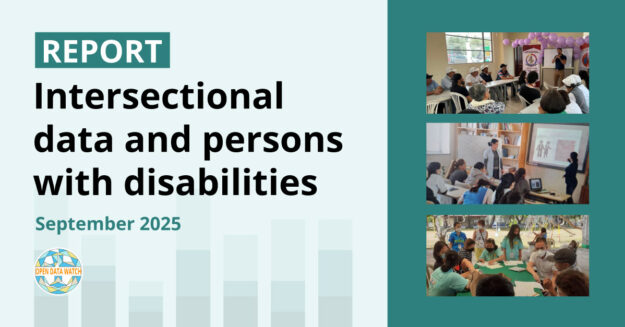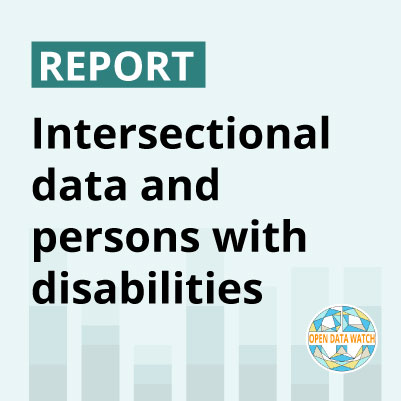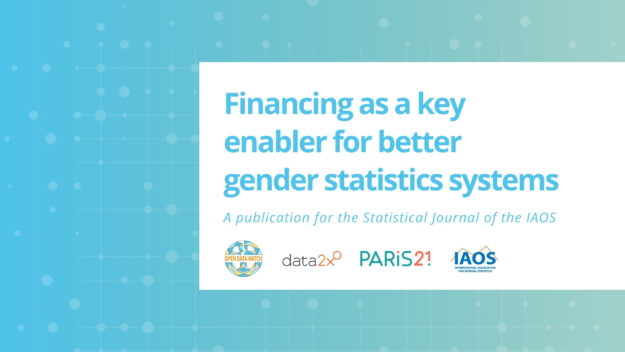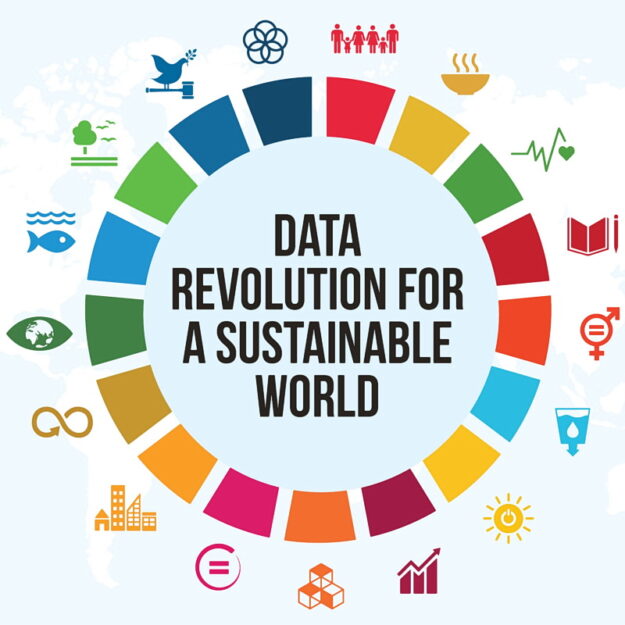Open Data Watch is an international non-profit, non-governmental organization that works at the intersection of open data and official statistics. It monitors the accessibility and comprehensiveness of official data in over 180 countries and provides practical information and assistance in implementing open data policies and systems. The Open Data Watch team has unparalleled experience in development data and is committed to making open data a global reality in support of Sustainable Development Goals.
This report explores how intersectional data in the Data Value Chain can reflect the lived experiences of persons with disabilities and empower them to generate intersectional disability data to influence policies and programs.
This report explores how intersectional data in the Data Value Chain can reflect the lived experiences of persons with disabilities and empower them to generate intersectional disability data to influence policies and programs.
Nearly half of gender-related SDG indicators are still missing, and chronic underfunding is a major reason why—this journal article lays out a clear path to unlock financing, bridge data gaps, and turn growing demand for gender data into real action.
A workshop at the High-Level Political Forum (HLPF) examines Copenhagen Framework case studies and practical tools for citizen-generated data to strengthen official data systems.
Drawing on findings from ODIN, the Open Data Insights Series explores key topics in greater depth. This brief examines how the coverage and openness of economic and financial statistics are linked to stronger investment climates.
Participants from 45 countries at the 7th Africa Gender Statistics Forum (AGSF) explored how to move from theory to action and how in practice to make gender and intersectionality data more inclusive, meaningful, and actionable.
Scholars, practitioners, and facilitators in the field of participatory sciences gathered at the 2025 Participatory Sciences Conference to discuss how to bridge citizen data and citizen science communities to pave the way for powerful new collaboration on complex social, economic, and environmental challenges.
Prior to publication, ODIN works closely with countries to review datasets used in assessments, so that no official, publicly available dataset is overlooked. ODIN’s commitment to transparency and accuracy also provides for limited post-publication revisions. Adjusted scores for seven countries are now reflected in this final update.
The Sustainable Development Solutions Network (SDSN) examines and challenges some underlying assumptions of the data revolution in order to guide future investments in data towards more effective solutions.
In an era of tightening budgets, growing debt burdens, and ambitious development goals, the role of data in shaping fair, effective, and accountable financing systems is back in the spotlight at the Fourth International Conference on Financing for Development (FfD4).











